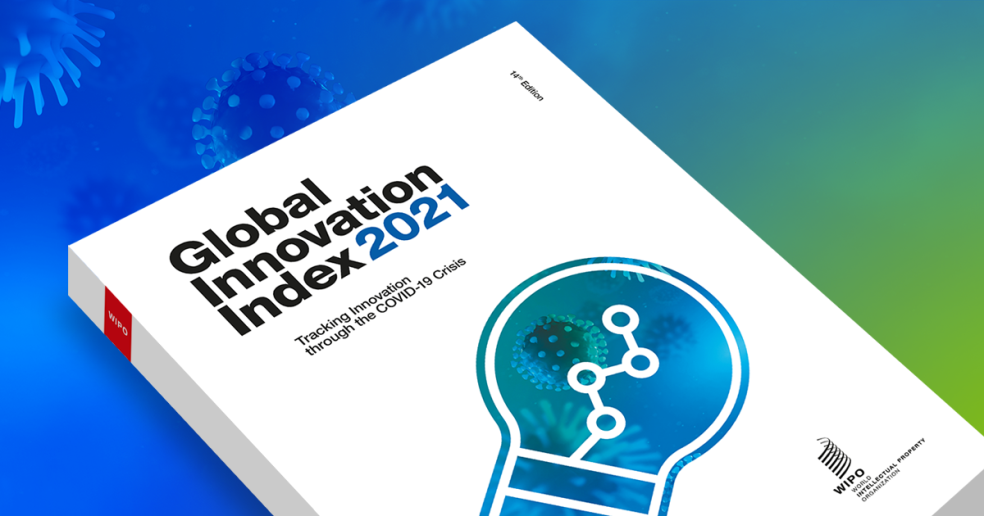GLOBAL INNOVATION INDEX AND INNOVATION COOPERATION ACTION PLAN

Copyright infringement not intended.
Context
- India’s Minister for Science & Technology who chaired the 9th BRICS Science & Technology Ministers meet, has called for working towards rightful place for BRICS (Brazil, Russia, India, China, and South Africa) in the Global Innovation Index.
- India is also preparing for the Innovation Cooperation Action Plan 2021-2024 with support from all BRICS countries
Global Innovation Index
- The Global Innovation Index is an annual ranking of countries by their capacity for, and success in, innovation.
- It is published by the World Intellectual Property Organization, in partnership with Cornell University, INSEAD, and other organisations and institutions.
- It is based on both subjective and objective data derived from several sources, including the International Telecommunication Union, the World Bank and the World Economic Forum.
- It was started in 2007 by INSEAD and World Business, a British magazine.
- The index is computed by taking a simple average of the scores in two sub-indices, the Innovation Input Index and Innovation Output Index, which are composed of five and two pillars respectively.
- Each of these pillars describe an attribute of innovation, and comprise up to five indicators, and their score is calculated by the weighted average method.
Innovation Cooperation Action Plan
- All BRICS countries have agreed to the STI-led BRICS Innovation Cooperation Action Plan (2021-24) proposed by India during 12th Meeting of BRICS S&T Steering Committee.
- Indian had proposed the plan to facilitate sharing of experiences of each other’s innovation ecosystem and networking of innovators and entrepreneurs.
- The BRICS officials discussed in details about the thematic areas for this year’s call for proposals at the meeting and unanimously agreed for collaboration in ten thematic areas.
- The thematic areas included:
- Transient Astronomical Events and Deep Survey Science,
- Antimicrobial Resistance (AMR): Technologies for Diagnosis and Treatment,
- Simulation and Big Data Analytics for Advanced Precision Medicine and Public Healthcare,
- HPC and Big Data for Sustainable Development: Solving Large Scale Ecological,
- Climate and Pollution Problems,
- Innovation and Entrepreneurship on Photonic, Nanophotonics, and Metamaterials for Addressing Bio-medicine,
- Agriculture, Food Industry and Energy Harvesting Issues,
- Materials Science and Nanotechnology for Addressing Environmental, Climate Change, Agricultural, Food, and Energy Issues,
- Renewable Energy including Smart Grid Integration,
- Ocean and Polar Science and Technology Water Treatment Technology Research in Aeronautics and Aerospace.
- These areas have been recommended by different thematic Working Groups.



1.png)
